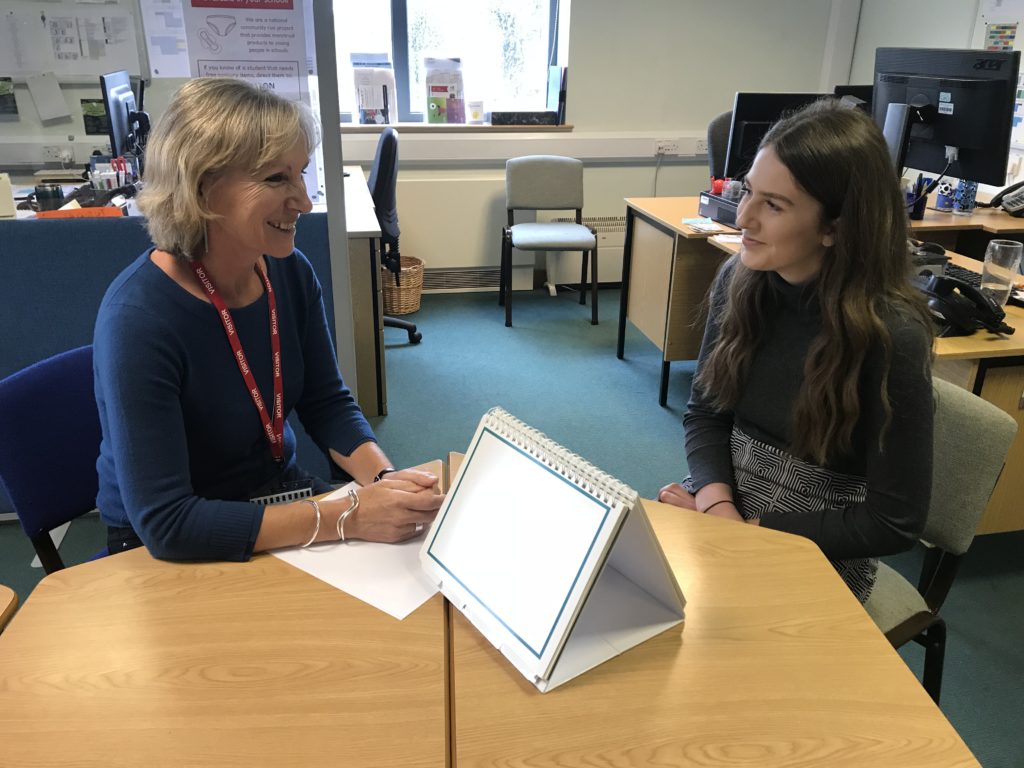There are various ways to request a dyslexia assessment for your child, although it can sometimes be a frustrating process.
Dyslexia screening for children or adults can often be completed online and some may be free while others carry a small cost. The benefit of using these tools is that it is something that children/adults can do on their own without a specialist assessor to determine the likelihood of having a Dyslexic profile. A screening report can help individuals to realise their strengths and weaknesses helping them better understand their difficulties.

The next step:
The next step is to meet your child’s teacher and the Special Educational Needs Co-ordinator (SENCo) to discuss your concerns and any interventions that may have been tried already.
If your child continues to have difficulties despite interventions, you can ask for them to be referred for a dyslexia assessment by the local authority or you can seek a private assessment with a specialist teacher.
The aim of the assessment is to compare the student’s underlying ability with literacy levels (reading and writing skills) together with cognitive skills to show whether the student has a Specific Learning Difficulty present, for example Dyslexia. Parents and teachers are an important source of information which will help to create the individual’s profile.
The dyslexia assessment will generally begin with a conversation with the individual and the parent/teacher. Previous reports/assessments will be requested to provide the relevant background information. A variety of test materials will be used to gain a detailed profile of the person’s strengths and weaknesses. This usually takes between 2-3 hours. A detailed report will follow and this will include recommendations for teaching staff/employers as well as support in exams for example extra time, reader etc, if appropriate. Early intervention is vital in order to preserve a child’s self-esteem and confidence, in addition to maintaining self-belief in their own capabilities.
If you would like to pursue a diagnostic assessment for your child, please contact [email protected].
